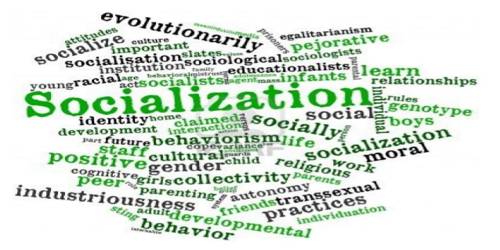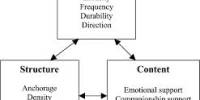Religious persecution is defined as the systematic mistreatment of an individual or group of individuals as a result of their religious beliefs or affiliations, or lack thereof. It is defined as mistreatment, discrimination, or oppression of individuals or groups on the basis of their religious beliefs. Persecution can take many forms, including social, legal, and physical. Religious persecution has occurred in various parts of the world and has affected various religious groups throughout history and even today.
Religious persecution can be triggered by religious or antireligious bigotry (when members of a dominant group denigrate religions other than their own or religion itself where the irreligious are the dominant group) or by the state when it perceives a particular religious group as a threat to its interests or security. A recurring theme in human history is the tendency of societies or groups within societies to alienate or repress different subcultures. Furthermore, religious differences can be significant cultural, personal, and social factors because a person’s religion frequently determines his or her sense of morality, worldview, self-image, attitudes towards others, and overall personal identity.
Religious persecution can be found in various historical periods and regions. Christians, for example, faced persecution during the Roman Empire for refusing to worship the Roman gods. Jews were frequently targeted and subjected to discriminatory laws and violence during the mediaeval period. In more recent history, Nazi Germany’s systematic persecution and mass murder of millions of Jews during World War II resulted in the Holocaust.
Religious persecution may be motivated by a variety of factors, including intolerance, ideological differences, political conflicts, or efforts to impose a dominant religion or ideology. Persecution can take the form of religious restrictions, denial of basic rights, violence, forced conversions, destruction of religious sites, or even genocide.
Religious persecution is not limited to one religion or geographical area. It can happen to anyone, including Christians, Muslims, Hindus, Buddhists, Sikhs, Jews, and others. Religious persecution is a violation of human rights and violates the principles of freedom of thought, conscience, and religion recognised by international human rights law.
Dehumanisation of a specific religious group may easily lead to acts of violence or other forms of persecution on a societal level. Religious persecution may occur as a result of social and/or governmental regulation. Advocacy, legal action, diplomatic pressure, and promoting interfaith dialogue and understanding are all part of efforts to combat religious persecution. Many countries and international organisations, such as the United Nations Special Rapporteur on Freedom of Religion or Belief, have established mechanisms to monitor and combat religious persecution.
Governmental regulation refers to laws imposed by the government to regulate religion, whereas societal regulation is discrimination against citizens who follow one or more religions. Indeed, in many countries, religious persecution has resulted in so much violence that it is considered a human rights problem.















